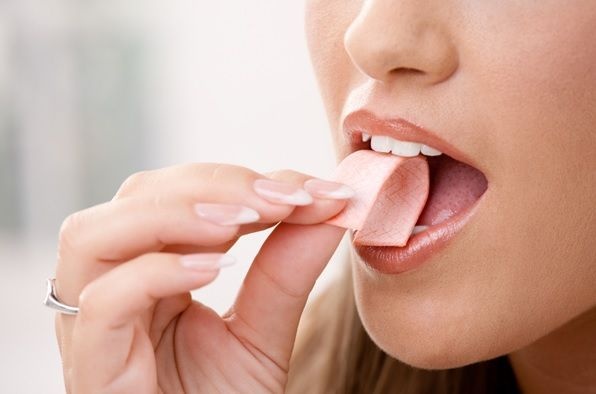In any other environment we know, either at work or at school or even at home, bad breath is a problem that puts us in a predicament. It is good to know that there are many causes of it and knowing them, we can prevent and treat.
Morning breath is a common occurrence, but all-day halitosis isn't something you should accept as the norm. Even if garlic and onions are on your daily menu, there could be other reasons your mouth reeks. Dr. Margaret Mitchell, DDS, founder of Chicago-based Mitchell Dental Spa, says you don't have to live with bad breath and shares her top halitosis-halting dental health tips.
In medical terms bad breath is called halitosis. In addition to inadequate oral hygiene, meets and other medical conditions.
One of these is xerostomia or dry mouth characterized by insufficient production of saliva. Occurs as a side effect of using multiple classes of drugs such as treating colds, aches, allergies and hypertension, but also in salivary gland diseases.
Bronchitis and pneumonia, especially sinusitis can cause bad breath. We must not forget diabetes and acid reflux.
1. Brush your teeth
If you're a teeth-brushing slacker, it's no wonder you have smelly breath. "Step one in keeping your breath minty fresh is to follow the steps of basic care and cleaning for your teeth and gums — this includes brushing after meals, flossing daily and scheduling bi-annual dental appointments to keep cavities and bacteria at bay." The dental expert also warns that halitosis may be a sign of a serious dental issue. "Anything from a rotting tooth to an abscess to unclean dentures can turn breath really nasty, and for more serious dental problems it is extremely important to seek professional treatment," she adds.
2. Face the facts
Do your friends keep their distance from you when you're discussing the latest reality TV series? Do they complain you have bad breath and you have no idea what they are talking about? Dr. Mitchell says you may be oblivious to your bad breath and advises doing a bad breath test. "Consider checking in with your dentist and using a bad breath meter such as Halimeter or OralChroma because these machines measure the amount of sulfides in your breath," she explains. "You can also do a breath test at home."
3. Follow a better breath diet
Simply adding crisp fruits and vegetables to your daily intake can clean your chops naturally by removing plaque and food particles from in between your teeth and gums. Incorporating more fresh produce into your diet will also deliver a delicious dose of antioxidants and other phytonutrients that can boost your dental and overall health.
4. Tame your tongue
Did you know that your tongue, especially on top in the back of mouth, is a serious source of halitosis? "Bacteria love to linger on the back of this muscle (your tongue), and it's a location where food can easily get trapped and rot, causing odor," . "Invest in a tongue scraper — it will save you a fortune on gum and mints."
5. Go herbal to get rid of halitosis
Schedule tea time every day to help you keep bad breath at bay. "Sipping natural remedies like black and green tea can alleviate bad breath naturally by zapping bacteria that breeds in the mouth," . She also recommends spicing up your meals with the Indian spice cardamom to curb halitosis.
6. Ditch the low-carb diet
Still following a low-carb diet? Dr. Mitchell doesn't recommend it when it comes to wanting to be halitosis-free. Low-carb diets lead to your body releasing ketones, which are foul-smelling chemicals that get exuded through your breath.
7. Chew sugarless gum
Chewing gum can freshen your breath — if it is sugarless gum. "Make sure to check the label and see that your gum is sugarless since bacteria in the mouth are apt to ferment sugar, thereby making your icky breathe even worse," . "While you're at it you might consider slashing sugar from the rest of your diet as well to freshen your breath."
8. Drink and drink some more
Staying adequately hydrated isn't just good for your health, it's a great way to wash away halitosis. "As long as you stay continually hydrated, your mouth will release enzymes through your saliva that wipe out bad bacteria — and bad breath,"
9. Get a physical
Speaking of doctors, if you've tried everything and your bad breath is still lingering making an appointment to get a physical."Bad breath can sometimes be an underlying symptom of other health problems, including liver problems, reflux, diabetes and sinus infections."
10. Check your prescriptions
"If you can’t seem to pinpoint the source of your chronic foul fumes, you might want to search for the source in your medicine cabinet," Dr. Mitchell advises. " Certain medicines like blood pressure pills, anti-depressants and antihistamines contribute to dry mouth, and thus, a toxic taste (and odor) in your mouth." The dental expert recommends talking to your doctor.




